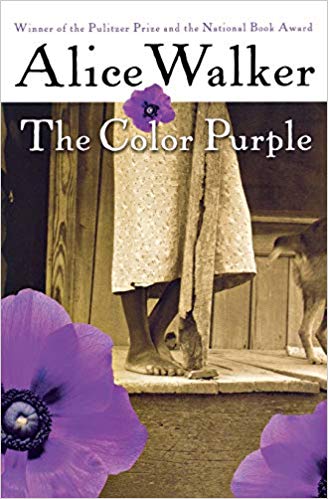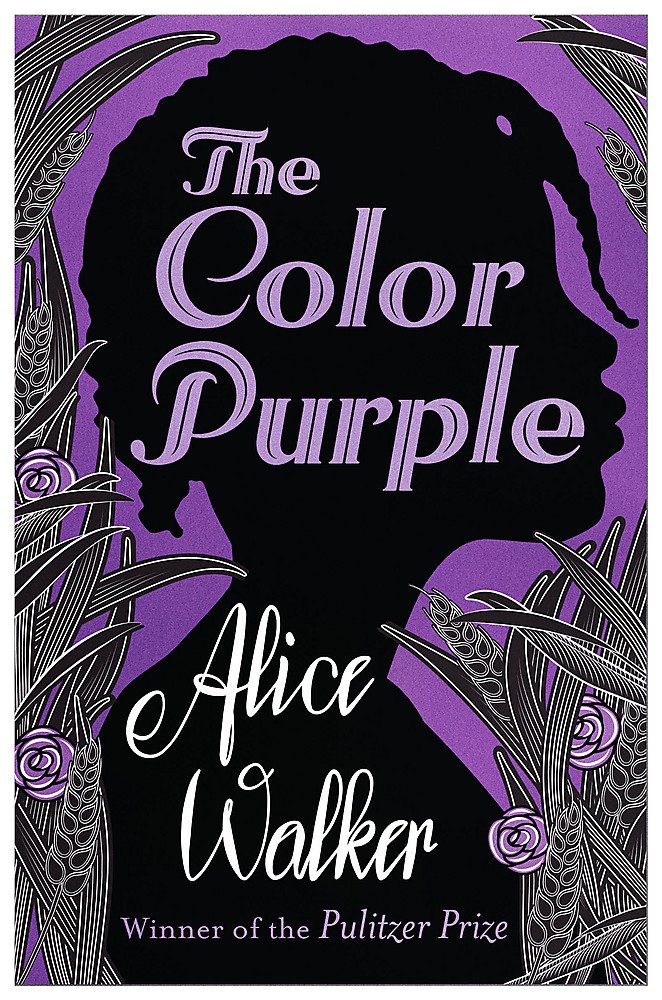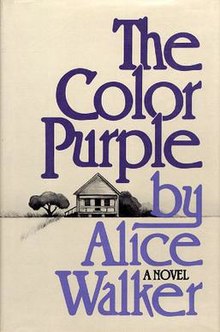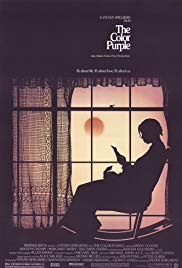The Color Purple was first published in 1982 by Alice Walker. It tells the story of a poor, young, uneducated African-American girl named Celie who lives in rural Georgia in the early 1900s. Over the course of the novel, Celie encounters racism, sexism, abuse, and challenges to her own sexuality. Despite this, Celie perseveres thanks to her relationships with other women, such as her sister Nettie and her lover Shug Avery. Unsurprisingly, Walker’s novel has been criticized for including controversial material such as homosexuality, violence, explicit language. Despite the numerous attempts to ban The Color Purple, it continues to find its way onto the shelves of interested readers.
The Color Purple has been challenged multiple times since it published, including most recently in 2017. The book has been banned from school libraries in the United States between 1984 to 2013. Parents are the most common group attempting to remove the novel from schools. There have been different reasons for the book being banned, including religious objections, homosexuality, violence, African history, rape, incest, drug abuse, explicit language, and sexual scenes. These challenges were all eventually overruled. In 2017, “The Color Purple” was successfully banned from all Texas State Prisons for explicit language and graphic depictions of violence.
Recent editions of the The Color Purple have been released by Weidenfeld & Nicolson (2019), Brilliance Audio (2014), Paw Prints (2010), Rodopi (2009), and Roundhouse (2001). It was adapted into an Academy Award winning film directed by Steven Spielberg and a Tony Award winning musical.
About the Author
Alice Walker is an American novelist, poet, and a social activist. She aims to use her writing to help people reflect on their own experiences and learn about those around them. In response to attempts to ban The Color Purple, Walker said, “in a more aware culture, writers would be considered priests… I know what The Color Purple can mean to people, women and men, who have no voice… It can open to them, to their view, the full abundance of this amazing journey we are all on.”




